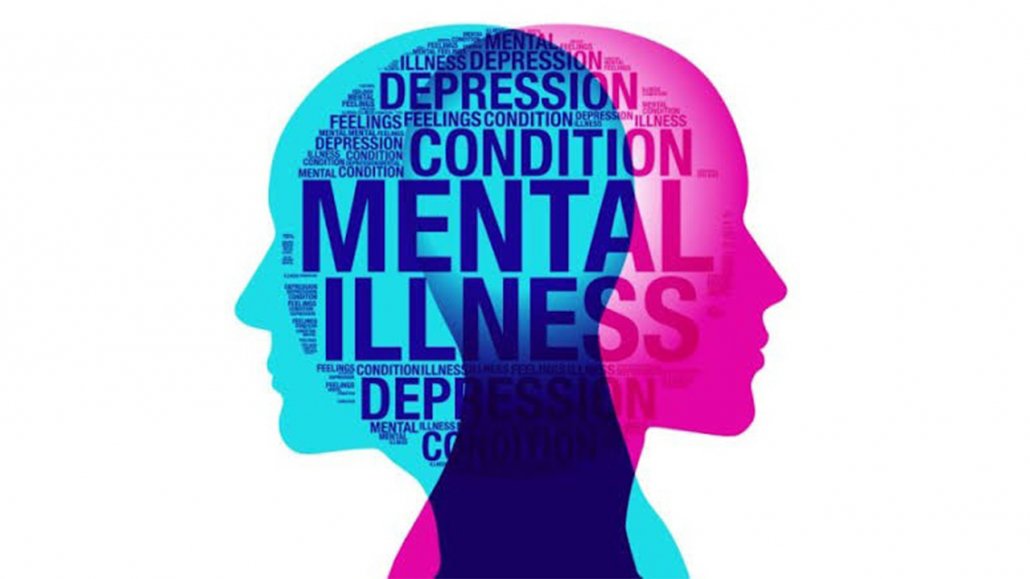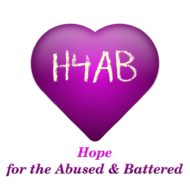
A mental health challenge is challenge or condition affecting the brain that influences the way a person thinks, feels, behaves and/or relates to others and to his or her surroundings. A mental health challenge can equally lead to a mental illness or mental health disorder which refers to a wide range of mental health conditions that affect your thoughts, mood and behaviour.
Our community tend to perceive mental health challenges as either a family curse, the effects of witchcraft or a spiritual problem. No matter how minor or critical a person experiences mental health challenge(s), if left under looked, that may lead to serious consequences and in some cases these may be fatal.
Anxiety, depression, attention deficit hyperactivity disorder (ADHD), autism, post-traumatic stress disorder (PTSD), schizophrenia, and bipolar disorder are just some of the illnesses mental health challenges and persons experiencing either or more symptoms are prone to have if their mental health challenges are not properly addressed.
Mental illness is a serious issue and should be taken care of seriously by both the patient and caregiver. For example, there are certain things you shouldn’t say to someone who has a mental health disorder in order not to hurt them further.
More about this at https://www.goodhousekeeping.com/health/a33096/what-not-to-say-to-someone-with-depression/
You can also read more on cases of mental health at https://www.goodhousekeeping.com/mental-illness-stories/
A mental illness can lead to misery and can also cause problems in your daily routine, such as at school, work or in relationships. In most cases, symptoms can be managed with a combination of medications and therapy.
Some of the symptoms of mental illness include:
• Feeling sad or down, confused thinking or reduced ability to concentrate;
• Excessive fears or worries, or extreme feelings of guilt;
• Extreme mood changes of highs and lows, withdrawal from friends and activities;
• Significant tiredness, low energy or problems sleeping;
• Detachment from reality (delusions), paranoia or hallucinations;
• Inability to cope with daily problems or stress, trouble understanding and relating to situations and to people;
• Problems with alcohol or drug use, major changes in eating habits, sex drive changes;
• Excessive anger, hostility or violence; suicidal thinking;
Sometimes symptoms of a mental health disorder appear as physical problems, such as stomach pain, back pain, headaches, or other unexplained aches and pains.
It is important to reach out to someone suffering from either a mental health challenge or a mental illness. By reaching out, you should adopt a calm approach and ask few and friendly questions. Also encourage the patient consult with his/her primary care provider or a mental health professional.
Our association Hope for the Abused and Battered is also here to provide other forms of psychosocial and psychotherapeutic support.
Do you know anyone or are you suffering from a mental health challenge and need help?
Please, do not hesitate to contact us through any of the links below.
Kindly email us at hope@hope4abusedbattered.com
Visit our website www.hope4abusedbattered.com
Give us a call/WhatsApp # +237672576011
#hopefortheabusedandbattered
#mentalhealthchallenges
#mentalhealthdisorders
#mentalhealthawarenessmonth
#thereishope
##showkindness
